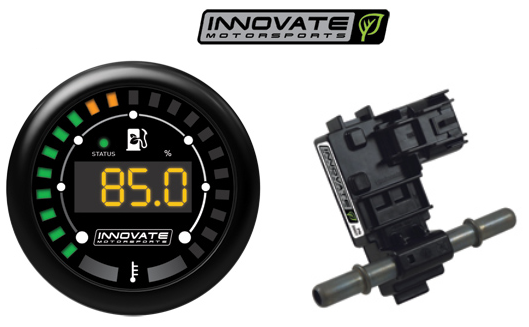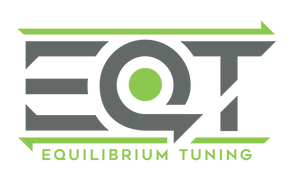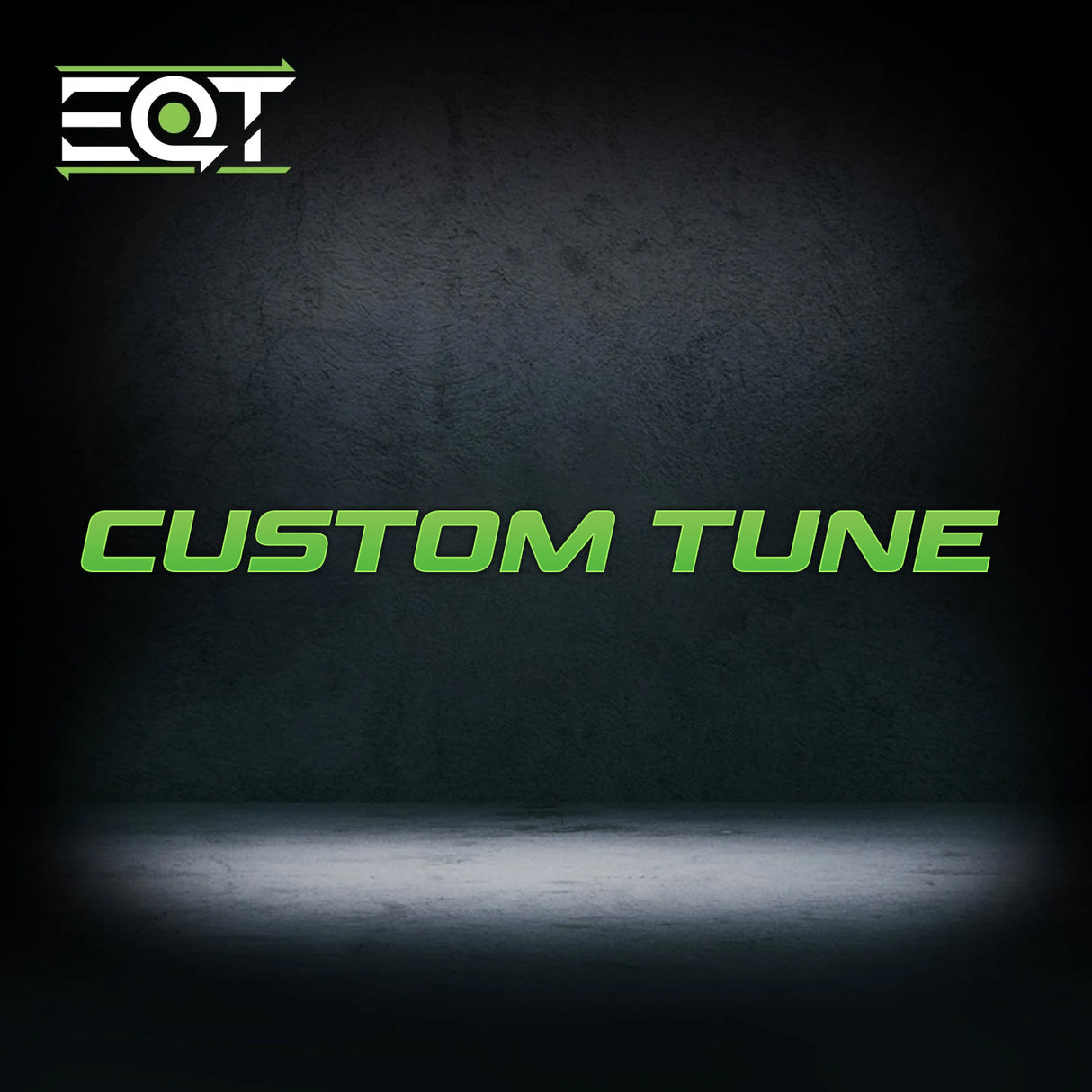EQT Custom ECU Tune - Audi SQ5 3.0T (B9/B9.5)
Shipping rates and applicable discounts are applied during checkout.
After purchasing your custom tune we will send you a form to get information on your cars specific modification setup.
- Stock Turbocharger / None / None
Couldn't load pickup availability
Description
Description
About Our Tuning
The VAG platform comes with incredibly sophisticated engine management systems from the factory. Working with these ECU's requires an intimate knowledge of engine dynamics and software engineering to be able to properly understand and modify the functionality. Luckily, we have decades of experience in both fields and acquired our own S4 (B9) as an R&D vehicle. We have been working very closely with Cobb Tuning and EcuTek through the development of their tuning software for this platform. This close relationship gives us early access to the newest features and input into further development and refinement of the system. Using this software, we have spent the past few years developing and refining our tunes for your MQB Platform car. Countless hours of in house dyno testing, drivability road testing, and track torture testing went into the development of our calibrations. So you can be sure your car will perform optimally while retaining excellent drivability characteristics and a healthy margin of safety built into every tune.
We go way beyond the standard fuel, boost, and ignition adjustments that are common in the tuning world. We spent the time to go through and map out the complete torque control system, the complex ignition control and knock detection systems, the sophisticated turbo and airflow modeling systems, the fuel management and injection timing systems, and countless other parameters. The end result can be felt any time you drive the car on a track, a fun road, or even for your regular grocery run. We also offer all the custom features from Cobb. These include our own customized traction control system, flat foot shifting, and burbles/crackles.
More About Custom E-Tuning
While our refined base map tunes are a great choice for cars with basic modifications, this custom e-tuning service takes over from there. This service is highly recommended for cars with heavier or more customized modifications like water/meth injection, upgraded turbos, upgraded fuel pumps, ethanol blends, race gas, etc. This is also a great option for those with basic modifications who want to get the absolute most out of their tune and to customize it to their specific goals, use, and driving environment.
For more information on E30 and Ethanol Blends. See our Article by Clicking Here
How it works (the process)
When you purchase a custom e-tune, you will provide us with details about your car and setup. We will then craft and e-mail you a customized base map for your car that will work as a starting point for the process. You will then follow instructions to install the map on your car and gather data via logging which will be e-mailed to us for review. We will review and revise the tune, and then repeat until the tune is perfectly dialed in. The entire process generally takes 4-8 revisions, though we do not implicitly limit the number of revisions. We generally get revisions out within two weeks of receiving logs. The goal of every tune is to dial in the car as perfectly as possible and to customize the feel to the specific driver's preference. During the entire tuning process, you will have a clear line of communication with our expert tuner.
Live E-Tune Session Information
Instead of going through the standard e-tune process which can take 3-8 weeks to complete, we also offer an option to schedule a Live Tuning Session with one of our tuners. The process for this is very similar in that we exchange logs and revisions until the tune is dialed in. However, with this option, we get everything done in one day over the course of 2-4 hours. Many customers choose to also schedule dyno time at their dyno facility of choice to help complete the tuning session. This can make the process even smoother and will provide a more dialed in result. The other option is to complete the required data logs on a safe closed road/track. In either case, the customer must have a reliable internet connection and must be able to perform logs in a timely manner.
The Live E-Tune Session is included in the base cost of the tune. If you choose not to have a live tune session, standard revisions will be used.
Burbles
Do you have Questions about our Burble Options? Visit our FAQ for additional Information
Ethanol Blended Fuels
Innovate Motorsports Flex Fuel Gauge Kits Available HERE.
When selecting E85, an Ethanol Content Analyzer is required. For more information, see our FAQ by clicking the icon below
Cobb Launch Control
For more information Click Here
How To Enable:
The vehicle will need to meet the following conditions for the ECU to allow it to happen.
- Coolant Temp Min-Max (160F - 250F)
- Engine Oil Min-Max (160F - 250F)
- Gearbox Oil Temp Min-Max (122F - 212F)
- EGT MAX (1835F)
- Steering Wheel Angle (within 20 degrees of being completely straight)
Steps to Use:
- DSG Transmission
- Depress and hold the brake pedal to 100%
- Move the shifter to Sport Mode
- Depress and hold the gas pedal to 100%
- Once the rev limit has been reached, release the brake pedal
Cobb Traction Control
For more information Click Here
How To Enable:
The ECU is not capable of remembering the value set in this adjustment after the car has been turned off or key-cycled. As such it will need to be set back to the desired value manually each time.
How it Works:
The COBB Custom Traction Control works in a manner similar to the factory offering, however it works much better and faster to minimize wheel slip and keep the car planted at all times. At it's simplest the software is looking at the various wheel speed sensors to determine if one is moving more quickly than others. When it detects that one wheel is moving at a higher speed than another, this is typically an indication of the wheel slipping. There are some instances where the wheels will move at different speeds (around corners for instance) but this is something tuned for in the map itself (you shouldn't need to worry about adjusting it to go around a corner properly). As the ECU sees the difference increase and detects a slip, it will reduce the amount of torque the engine is producing, this should slow down the wheel enough to grab on to the pavement again so you can continue accelerating. If it isn't able to regain traction, the ECU will continue to reduce power until it sees traction again. This means that with the traction control on the default setting where it minimizes any wheel spin the car is hypothetically the fastest as no wheel speed is ever lost.





